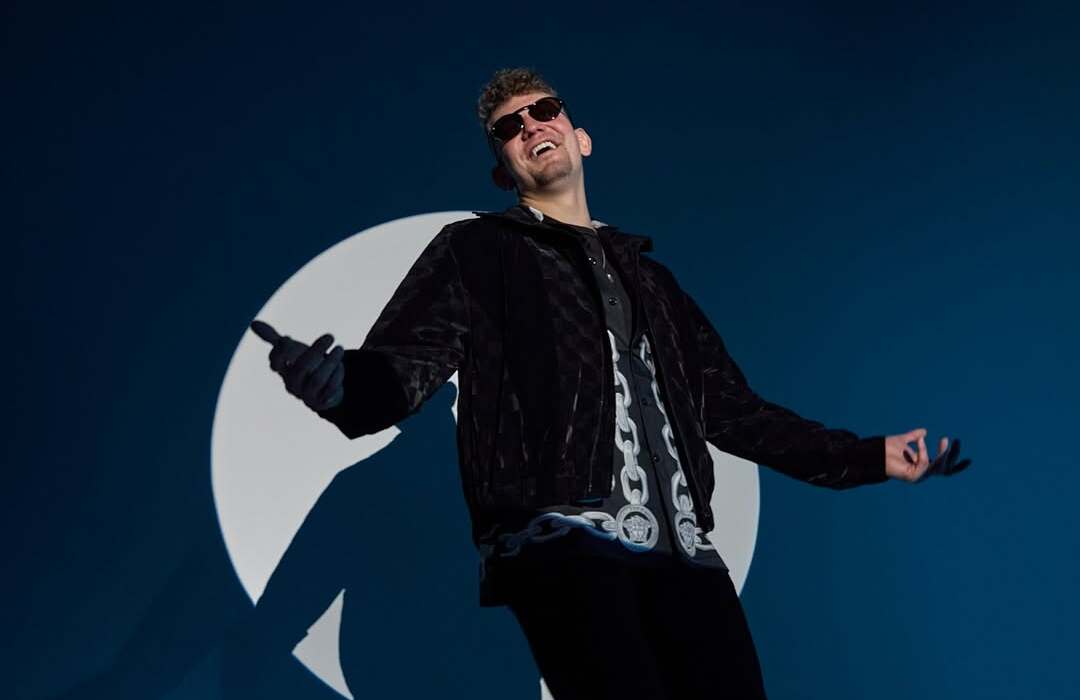In Death Note, Light Yagami picks up the supernatural notebook of death and uses it to become a mass-murdering kingpin named Kira, determined to create a new, crime-free world. It was up to L, the world's greatest detective, to put a stop to Kira once and for all...but that's not what happened. L was outmaneuvered by his nemesis and, in the end, Light goaded Rem the shinigami into killing L and Watari to protect Misa from further investigation. This threw open the doors to the next arc, and raised the story's stakes ever higher.
For a time, it seemed like the "Kira vs L" battle of wits would dominate the entire story and the whole saga of Death Note would conclude when one of them was defeated. But L's demise ended the first major story arc, not the entire franchise, and this led to crucial development for Light as an anti-hero. During his rivalry with L, Light slowly became the very kind of monster he swore to destroy, doing things like trapping and killing Raye Penber and the FBI and killing businessmen who got in his way after Higuchi was captured. Light was already on a dark descent but, by the time of L's death, his grim journey wasn't yet over. During the second story arc, Light fell even further and became more twisted than ever. He manipulated Kiyomi Takada, used her, then disposed of her like a worn-out tool later during his battle with Near, and Light did something similar to Misa, his second in command. He didn't even care that his sister suffered psychological scars from getting kidnapped by Mello's thugs. And even more grotesque was Light's use of his own father, Soichiro Yagami, and his reaction to Soichiro's death. Light didn't care that he lost his father; he cared that he missed his chance to kill Mello, since Soichiro had seen Mello's real name and face. By the very end, Light was a cackling maniac with a fully-developed god complex, and he died that way in that warehouse at the series' end.
If the story ended at L's death, all this would have been lost, and the true, chilling depths of Light's descent into insanity would never have been explored, robbing the story of its psychological impact. L's death also elevated Light to a position of clear but temporary superiority, where he was Kira and L at the same time. Light became overconfident, which is what led to his defeat when Near and Mello teamed up against him five years later. Light had been temporarily crowned king of the Kira world, and his kingdom was taking form around the globe. But then it was all torn right out of his hands because he went too far, his victory over L now seeming like a farce. Light defeated L, only to defeat himself later, and he lost a whole lot more this time.
Another major theme of Death Note is the idea that the house always wins. In this case, the house is death itself. Light did what he could to try and "tame" Ryuk and the Death Note, and make them perfect tools for conquest. But he was playing with fire. No human can ever master death or the world, and Ryuk turned on Light after he lost the final battle against Near. The whole time, Light had been cheating the system by wielding supernatural power to defeat a super-detective who never failed to crack a case, even giving up his very humanity to beat him. But it was all in vain, because death always wins, and the consequences of one's actions always present themselves sooner or later. Light was operating on borrowed time, as all dictators and tyrants do, and L's death merely bought him more.
Even with Ryuk, Light seemed to be his master, keeping him on a leash from early on in the story. But Ryuk warned Light that one day, he'd write down Light's name and kill him, and Light laughed it off. That is a clear parallel to Light vanquishing L to get a short-term victory, only to lose it all later. L wasn't Light's ultimate enemy; fate itself was, and L was just fate's first weapon to use against Light, not its only weapon. Light realized this too late, and he paid the ultimate price for it. In a way, it really was L who got the last laugh.
About The Author

